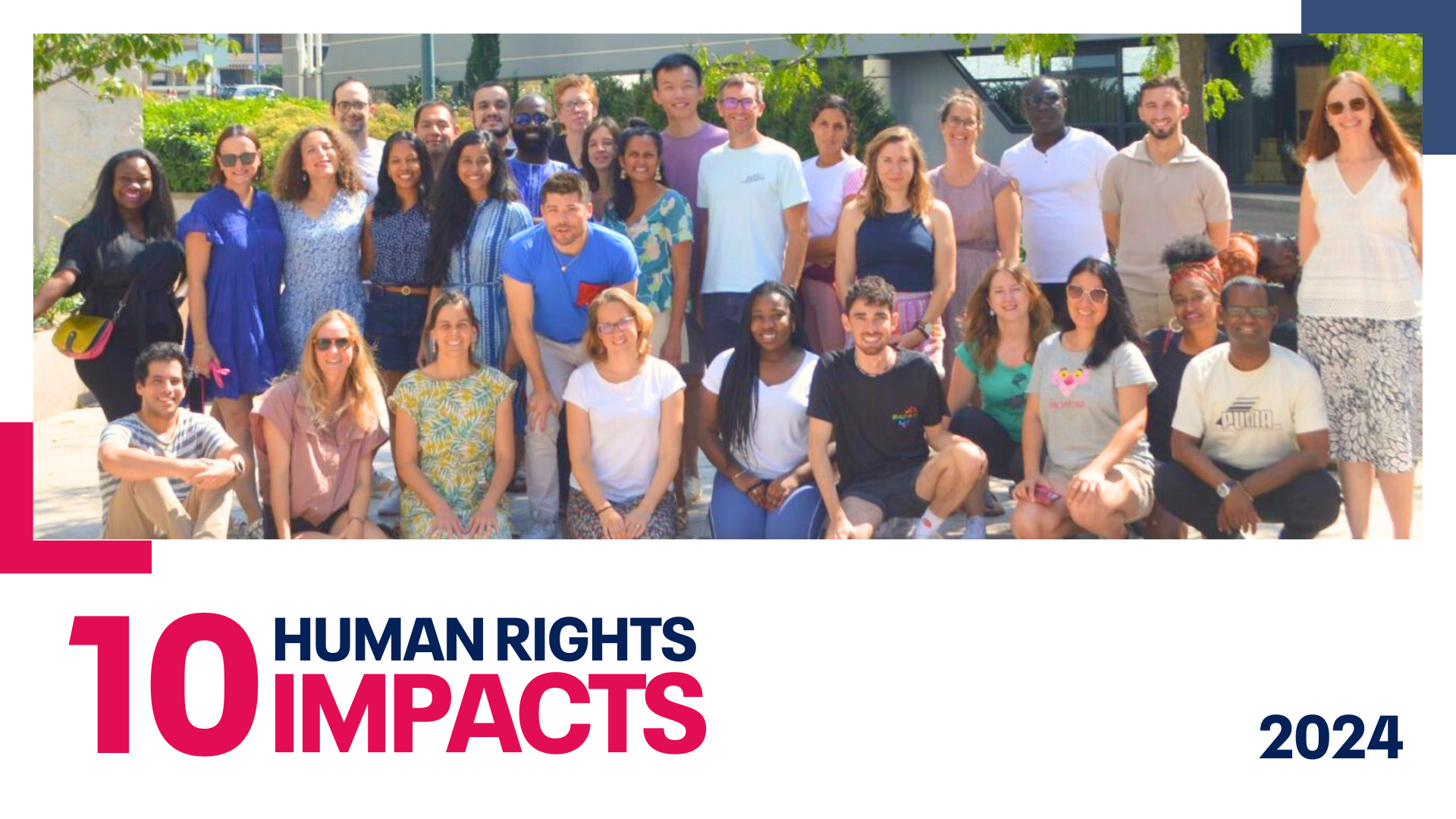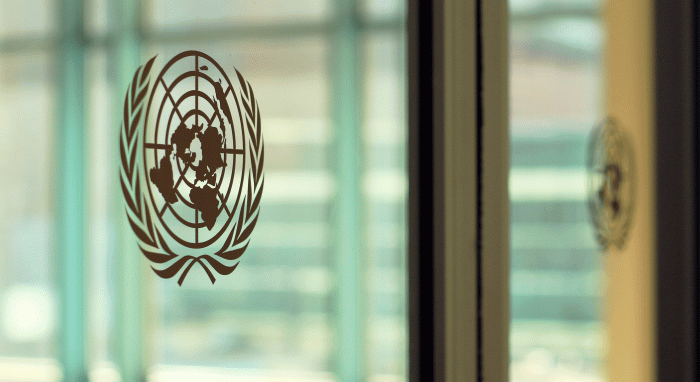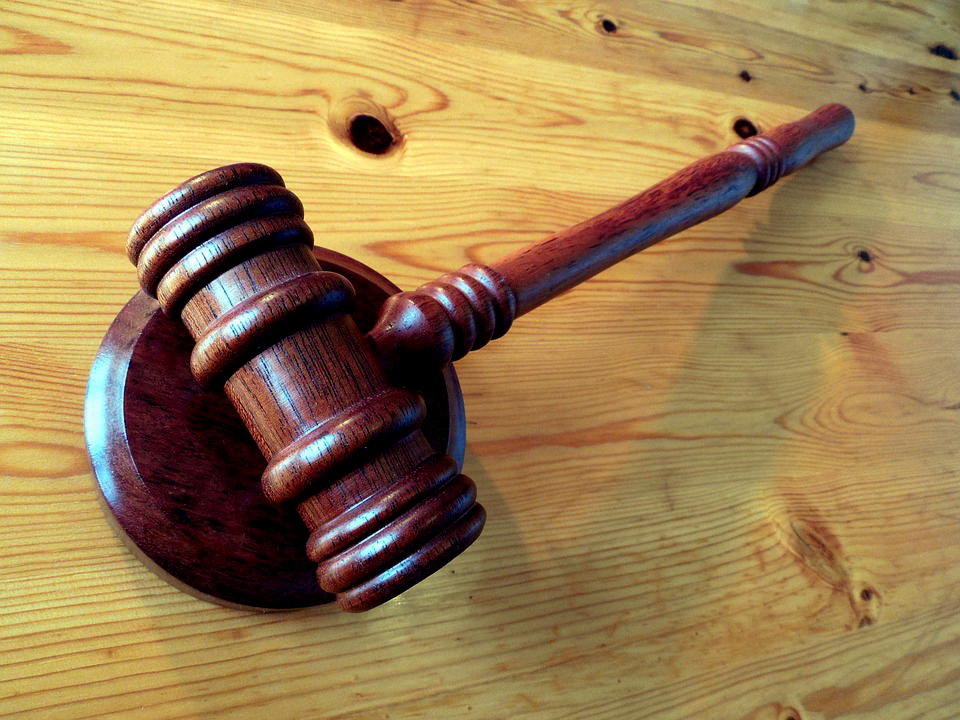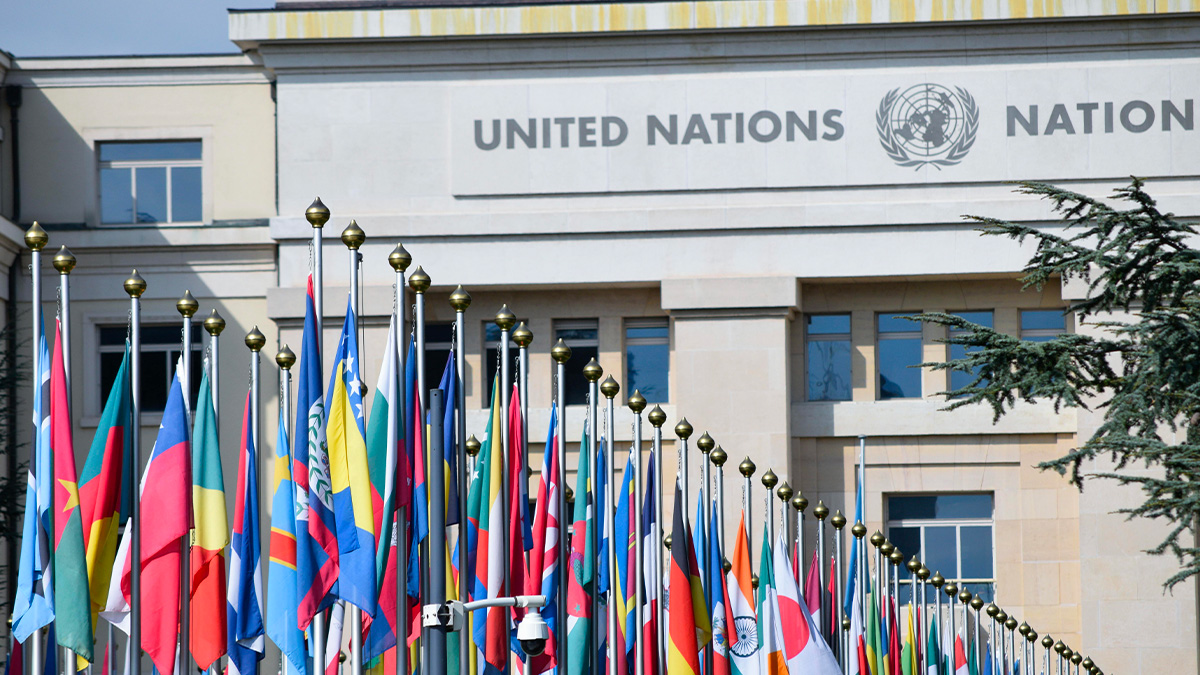
ISHR’s 2024 highlights
Here are 10 human rights impacts we achieved in partnership with defenders and partners from around the world, with the support of our donors!

The appalling human rights situation in the Democratic People’s Republic of Korea (DPRK) has been the subject of consensus UN resolutions for many years. Cooperation from partners with expertise on the country should be invaluable to the UN, but relevant NGOs have faced multiple deferrals of their applications for accreditation. Will the ECOSOC NGO Committee finally open the door to these NGOs?
Update: the NGO Committee voted against recommending accreditation to the Committee on Human Rights in North Korea (HRNK) by 9-5, with two abstentions and three members absent. In calling for the vote, the US noted that the organisation had responded in good faith to questions from the Committee, several repeated, and that it was time to bring the case to a head. Several Committee members stated that they still had further questions to ask the NGO.
With the consensus adoption of another UN General Assembly resolution on North Korea a month ago, the States restated their concern about ‘the grave human rights situation, the pervasive culture of impunity and the lack of accountability for human rights violations’ in the country. UN monitoring of the situation on the ground in the DPRK has been made deeply challenging through the DPRK refusal to cooperate with UN mechanisms, including the Human Rights Council’s 2013 Commission of Inquiry and the Council’s Special Rapporteur on North Korea.
Means to monitor the situation on the ground have relied on the work of NGOs, including the Committee on Human Rights in North Korea (HRNK).
HRNK describes its work as making ‘use of satellite imagery analysis, escapee testimony, expert analysis, and open source research to paint an accurate picture of the Government’s systematic abuses.’
These methods have made HRNK an authority on the human rights situation in the country. The group has worked closely with the UN’s Commission of Inquiry on human rights in the DPRK and has been cited as an expert voice, in a report by the Secretary General.
HRNK seeks UN consultative status
HRNK seeks to participate as fully as possible with UN processes, and as such applied for UN accreditation.
‘HRNK is seeking accreditation in order to increase its effectiveness in implementing its one and only mission: documenting the status of DPRK compliance with fundamental human rights standards embedded in UN treaties and documents, and sharing that information with relevant actors, in particular UN agencies and Member States’, explains Executive Director Greg Scarlatoiu.
However, their application for accreditation has been repeatedly deferred since it was first considered by the UN’s NGO Committee in May 2016.
HRNK has faced questioning from a small group of countries. Committee member Russia has asked HRNK whether it had reported North Korea’s successful human rights practices, particularly in education and healthcare. Russia and China have both questioned the group’s independence and sources of financing.
Whilst the NGO Committee has an important job in assessing an NGO’s compliance with the spirit, principles and purposes of the UN, Committee members are known to go beyond the Committee mandate and use their position on the Committee to block NGOs who they fear will challenge their interests.
“These sorts of questions can be used by member States of the NGO Committee to block access or malign the organisation,” says Eleanor Openshaw of ISHR. ‘They keep the NGO in limbo in regard to their accreditation.’
Given the depth of the challenge faced by the UN in addressing the human rights situation in the DPRK, the obstruction of an eminently qualified human rights organisation by one of the UN’s own Committees, is deeply troubling.
‘NGOs operating in line with the UN Charter have a right to engage with the UN for a reason – the cooperation of NGOs is immensely valuable. There are few human rights situations where expert assistance could be of more help to the UN than that of the DPRK.’ said Openshaw. ‘The UN cannot afford to allow critical and constructive voices to be sidelined.’
Tomorrow HRNK’s application will be considered once again by the NGO Committee.
Contact: Eleanor Openshaw [email protected]
Photo: ISHR

Here are 10 human rights impacts we achieved in partnership with defenders and partners from around the world, with the support of our donors!

In 2024, national, regional, and international courts took action to protect and recognise the rights of human rights defenders. In this article, we explore some of the key cases that have shaped the legal landscape for those advocating for human rights.

On the occasion of the 30th Annual Meeting of Special Rapporteurs, Independent Experts and Chairs of Working Groups, civil society organisations have called for enhancing transparency, coordination, cooperation and measures to promote civil society engagement with the system of Special Procedures.